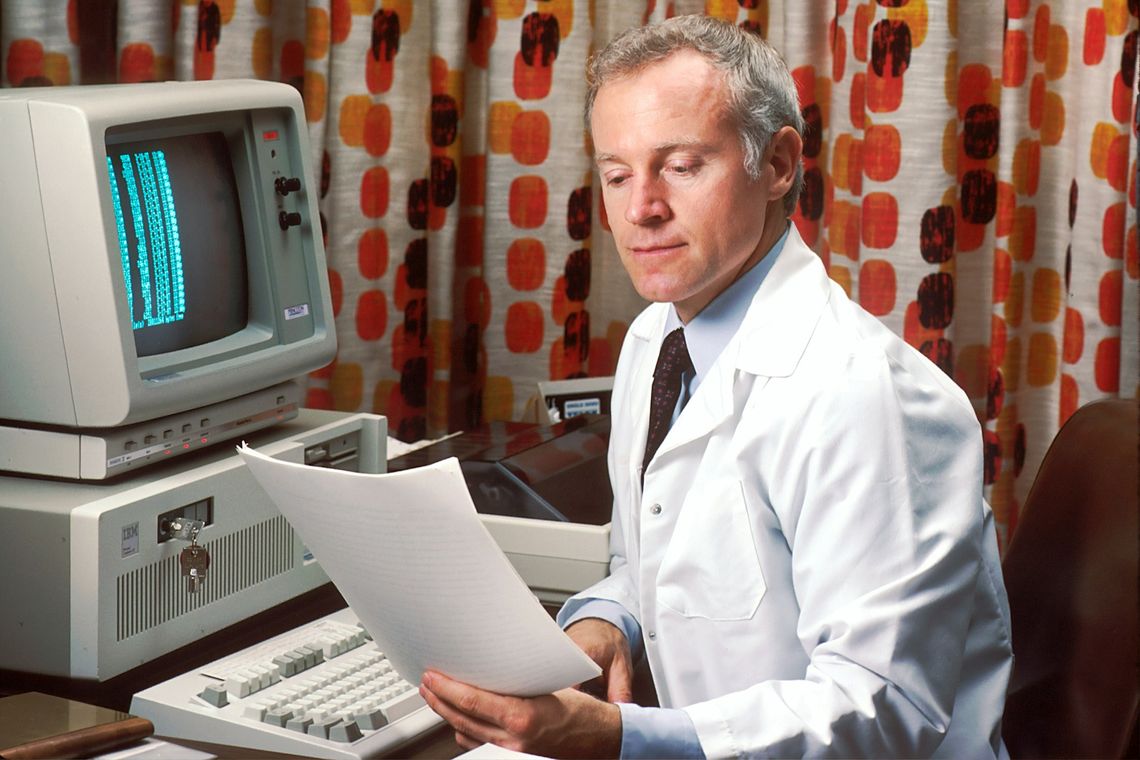Setting the Scene: Medical Testimony’s Impact on Case Outcomes
One compelling expert can turn a shaky case into a decisive win, while a poorly chosen one can gut months of careful preparation. In high-stakes litigation involving injury, malpractice or causation, juries often lean heavily on the credibility and clarity of medical testimony. National trial data shows that outcomes shift significantly in complex personal injury cases when jurors fully grasp technical medical details. The expert becomes the translator between the clinical domain and the courtroom narrative. That’s why sharp litigators and claims professionals treat expert involvement as a tactical pillar from day one, not a box to check two weeks before trial.
Defining Medical Expert Witness Testimony Services
These services go far beyond simply showing up to testify. They typically involve surgical precision in reviewing voluminous medical records, crafting airtight written opinions, prepping for depositions, and delivering persuasive live testimony. Some experts act strictly as consultants, providing behind-the-scenes analysis to refine arguments. Others step into the spotlight as testifying witnesses, subject to the heat of cross-examination. At every litigation milestone the deliverables change. Early involvement means pointed analysis of records and causation. Later stages require presence in deposition rooms and the witness stand, where the stakes—and the scrutiny—climb.
Evaluating Credentials of Potential Medical Experts
Credentials are not window dressing. They are ammunition. Board certifications confirm formal mastery of a field. Peer-reviewed publications and teaching appointments project authority beyond the local hospital. Trial experience matters because the polished prose of a CV can crumble under aggressive questioning. Cross-check every resume against a short, ruthless checklist: verified licensure, specialty training, publication record, courtroom hours logged, and any sanction history. The vetting process should be fast but unforgiving. Weak links in credentials almost always become pressure points for opposing counsel.
Matching Medical Expert Witness Specializations to Your Case
Precision matters in matching the field to the fact pattern. An orthopedic surgeon will flounder in a neurology-heavy dispute, and a cardiologist cannot credibly weigh in on neonatal care. Look deeper than the specialty line on a business card. Fellowship training, subspecialty board status, and major hospital affiliations often mean the difference between someone who understands the nuances of your case and someone who is skating on the edges of their competence. Domain-specific authority strengthens credibility and neutralizes challenges before they even emerge.
Assessing Communication and Reporting Skills
Technical prowess without clarity is dead weight in court. The best experts can strip dense clinical data to its core and deliver it in plain English that still holds scientific weight. Selecting providers of medical expert witness services should involve examining prior reports for logical flow and crispness. Watch recordings or conduct mock direct examinations to see if they freeze, ramble, or rearrange facts under pressure. A jury will remember a vivid metaphor long after they forget a string of lab values, and the right expert knows how to plant that memory.
Verifying Independence and Ethical Standards
An expert tangled in prior conflicting engagements or beholden to one side of the bar is a liability. Formal conflict checks are not optional. Pull records of whom they have been retained by, and look closely for excessive history with either plaintiffs or defense that might undermine neutrality. Alignment with professional ethical codes from the AMA or relevant specialty boards signals a baseline. Go further. Insist on signed declarations of impartiality. A spotless ethical record is the foundation for credibility that survives a full-scale cross-examination assault.
Budgeting and Fee Structures for Medical Expert Witness Engagements
Costs can skyrocket without guardrails. Hourly billing for prep or review, flat fees for written opinions, trial day rates, and travel charges all require granular clarity upfront. Rate isn’t the sole metric. A cheaper but less skilled witness can create far greater downstream losses if their testimony collapses under fire. Negotiate terms that protect both sides. Lock in a scope of work. Clarify what triggers additional billing. Quality survives its price tag. Poor testimony does not.
Integrating Medical Expert Analysis into Your Overall Strategy
An expert is not an isolated hire. They are part of the legal engine driving the case from discovery through verdict. Pull them into strategy sessions early so their perspective shapes interrogatories, deposition lines, and cross-examination targets. Let them dissect medical records and spot technical landmines before they detonate in court. Collaboration between counsel and clinician generates testimony that feels organic, not bolted on as an afterthought. The synergy sharpens both the legal theory and the medical underpinning.
Avoiding Common Pitfalls When Hiring a Medical Expert Witness
Scrambling to retain an expert a week before trial is reckless. Selecting one without live-testimony temperament is another common blunder. Even a qualified clinician can collapse when facing sustained opposing counsel pressure. Failures to line up a secondary expert in parallel leave cases vulnerable to illness, scheduling conflicts or disqualification. Counter each risk with foresight. Vet demeanor as thoroughly as knowledge. Secure backups. Build margins into your timeline so quality never gets sacrificed to urgency.
Anticipating Future Developments in Medical Expert Testimony
Technology is already reshaping the terrain. Tele-depositions cut travel but maintain presence. AI-assisted analytics accelerate chart reviews and help spot statistical outliers buried in data. Multidisciplinary panels are gaining traction, where a single narrative benefits from the weight of multiple subspecialties. Adapting to these shifts means more than buying new tools. It requires refreshing your expert roster to keep pace with evolving courtroom expectations and evidentiary standards. Those who resist fall behind fast.
Strategic Next Steps to Secure Reliable Medical Expert Witness Partnerships
Stop treating expert retention as a transactional scramble. Build a curated roster now. Schedule regular case review meetings with trusted clinicians so they know your approach and you know their strengths. Develop standardized vetting templates so every hire runs through a focused, repeatable filter. With a solid bench and clear processes, you control the tempo, avoid desperation hires, and can position medical testimony as an integral weapon rather than a last-second patch. That level of preparation wins cases.


Comment
Comments